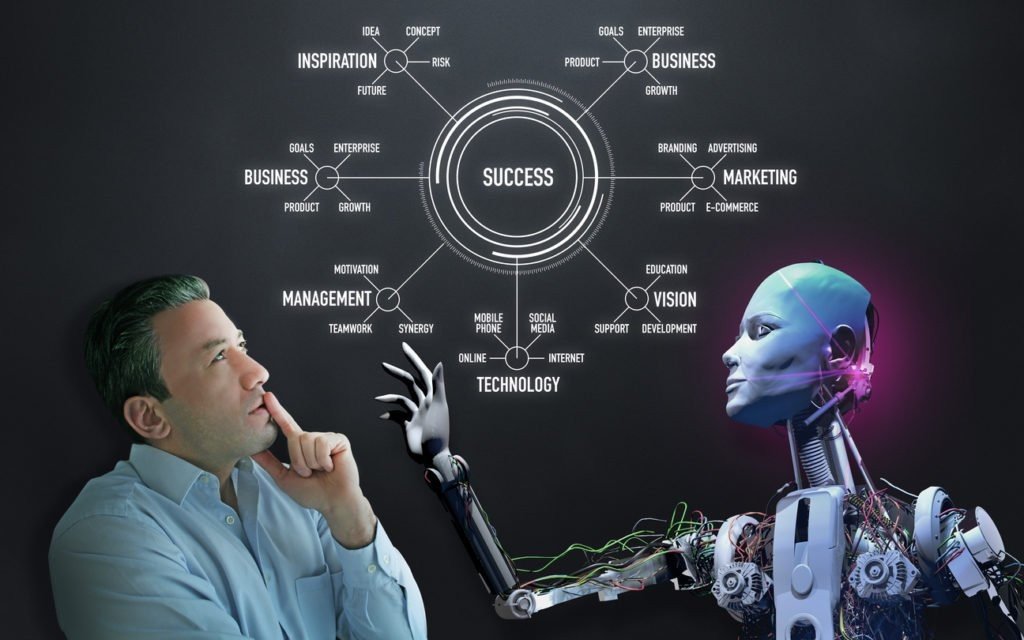Artificial Intelligence (AI) has transformed industries, revolutionized economies, and reshaped how we interact with technology. However, as AI continues to advance, it brings with it significant ethical dilemmas that demand careful consideration. Developers, policymakers, and society as a whole must navigate the moral responsibilities and ethical challenges of AI to ensure it benefits humanity while minimizing harm.

1. Bias and Fairness in AI
One of the most pressing ethical issues in AI is bias. AI models learn from historical data, which often contains inherent biases. If not properly addressed, AI can reinforce and perpetuate discrimination in hiring, lending, law enforcement, and healthcare.
- Example: Facial recognition systems have shown higher error rates for people of color, leading to concerns about racial profiling and discrimination.
- Solution: AI developers must actively work to create diverse and representative datasets, implement fairness algorithms, and audit AI decisions to prevent biased outcomes.
2. Privacy and Data Security
AI relies heavily on data, often collecting vast amounts of personal information. This raises concerns about privacy, consent, and security breaches.
- Example: AI-driven surveillance systems can track individuals without their consent, raising questions about civil liberties.
- Solution: Strict data protection regulations, such as GDPR, should be enforced to ensure users have control over their data. AI should be designed with privacy-preserving techniques like encryption and anonymization.
3. Job Displacement and Economic Impact
Automation powered by AI threatens traditional jobs, especially in industries like manufacturing, customer service, and logistics. While AI can enhance productivity, it also raises concerns about unemployment and wage inequality.
- Example: AI-powered chatbots are replacing human customer service agents, leading to job losses.
- Solution: Governments and organizations must invest in reskilling and upskilling programs to help workers transition to new roles in an AI-driven economy.
4. Accountability and Transparency
When AI systems make critical decisions—such as approving loans, diagnosing diseases, or determining criminal sentences—it is crucial to ensure accountability and transparency.
- Example: If an AI system denies a loan application, the applicant deserves to know why.
- Solution: AI developers should implement explainable AI (XAI) techniques to make AI decisions more interpretable and ensure humans remain in control of high-stakes decision-making.
5. Ethical AI in Warfare and Security
The use of AI in military applications, such as autonomous weapons, raises serious moral concerns. The ability of AI to make life-and-death decisions without human intervention poses a significant ethical dilemma.
- Example: Autonomous drones with AI targeting capabilities could engage in warfare without human oversight.
- Solution: International regulations should govern AI use in military settings, ensuring that human oversight is maintained and ethical standards are upheld.
6. AI and Misinformation
AI-powered deepfake technology and misinformation-spreading algorithms pose threats to truth and democracy. Misinformation campaigns powered by AI can manipulate public opinion, influence elections, and spread false narratives.
- Example: AI-generated deepfake videos have been used to spread misleading political messages.
- Solution: Social media platforms and policymakers must develop AI tools to detect and counteract misinformation while promoting media literacy among users.
7. The Moral Status of AI
As AI systems become more advanced, ethical questions arise regarding their moral status. Should AI entities have rights? Can AI possess consciousness or emotions?
- Example: Some AI chatbots and robots exhibit behaviors that resemble emotions, but they lack true consciousness.
- Solution: Society must establish clear boundaries on AI rights and responsibilities, ensuring that ethical treatment remains focused on human welfare rather than AI entities.
Conclusion
AI presents both incredible opportunities and profound ethical challenges. Addressing these dilemmas requires collaboration between AI developers, policymakers, businesses, and the public. By prioritizing fairness, transparency, accountability, and human well-being, we can harness the power of AI while minimizing its risks. Ethical AI development is not just a technical challenge—it is a moral responsibility that will shape the future of our society.